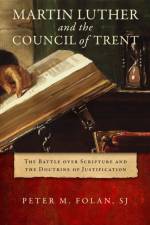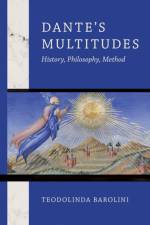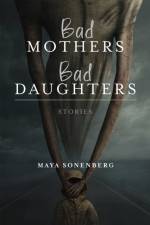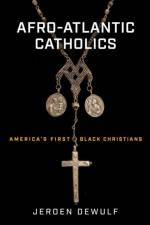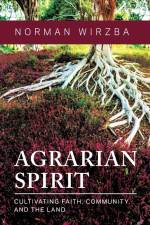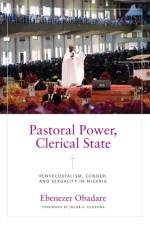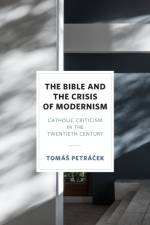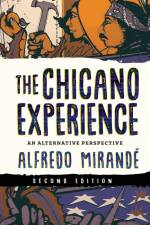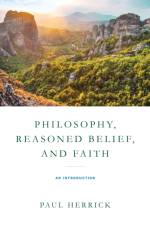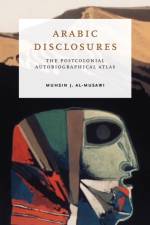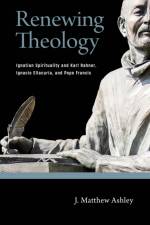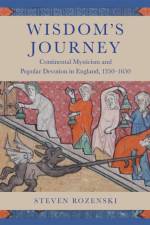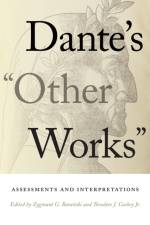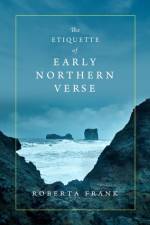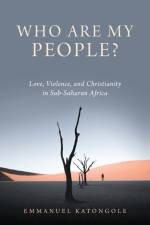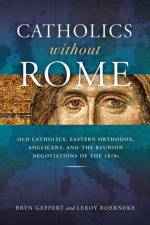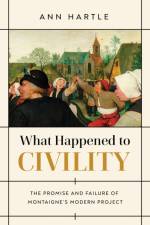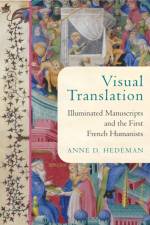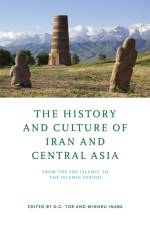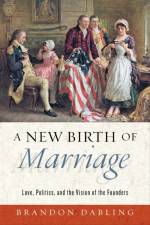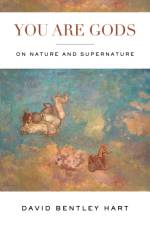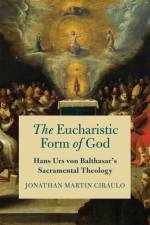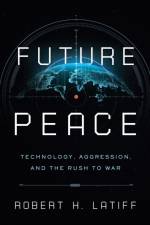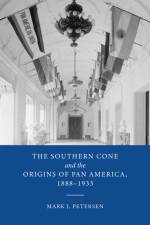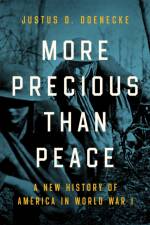av Bryn Geffert
1 681
Catholics without Rome examines the dawn of the modern, ecumenical age, when "e;Old Catholics,"e; unable to abide Rome's new doctrine of papal infallibility, sought unity with other "e;catholics"e; in the Anglican and Eastern Orthodox churches.In 1870, the First Vatican Council formally embraced and defined the dogma of papal infallibility. A small and vocal minority, comprised in large part of theologians from Germany and Switzerland, judged it uncatholic and unconscionable, and they abandoned the Roman Catholic Church, calling themselves "e;Old Catholics."e; This study examines the Old Catholic Church's efforts to create a new ecclesiastical structure, separate from Rome, while simultaneously seeking unity with other Christian confessions. Many who joined the Old Catholic movement had long argued for interconfessional dialogue, contemplating the possibility of uniting with Anglicans and the Eastern Orthodox. The reunion negotiations initiated by Old Catholics marked the beginning of the ecumenical age that continued well into the twentieth century. Bryn Geffert and LeRoy Boerneke focus on the Bonn Reunion Conferences of 1874 and 1875, including the complex run-up to those meetings and the events that transpired thereafter. Geffert and Boerneke masterfully situate the theological conversation in its wider historical and political context, including the religious leaders involved with the conferences, such as Dollinger, Newman, Pusey, Liddon, Wordsworth, Ianyshev, Alekseev, and Bolotov, among others. The book demonstrates that the Bonn Conferences and the Old Catholic movement, though unsuccessful in their day, broke important theological ground still relevant to contemporary interchurch and ecumenical affairs. Catholics without Rome makes an original contribution to the study of ecumenism, the history of Christian doctrine, modern church history, and the political science of confessional fellowships. The book will interest students and scholars of Christian theology and history, and general readers in Anglican and Eastern Orthodox churches interested in the history of their respective confessions.

